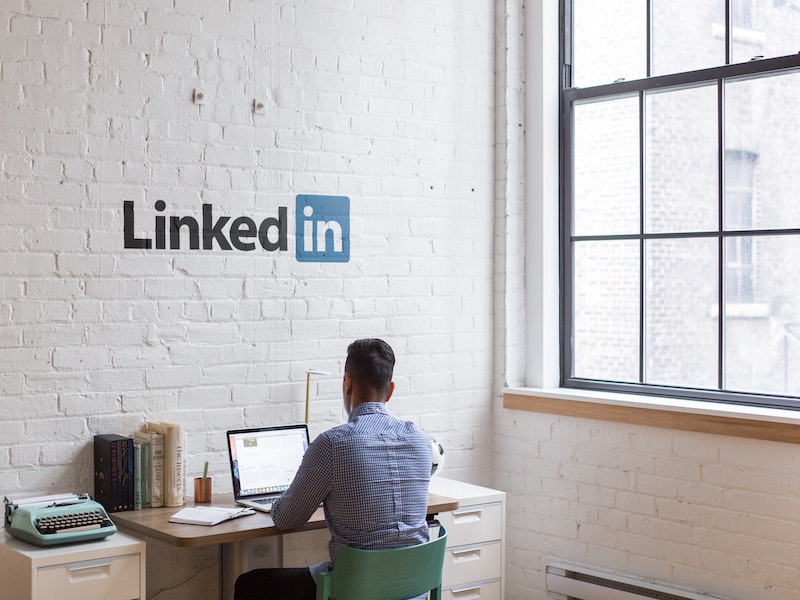LinkedIn has become a powerful platform for networking opportunities. If used well, it can do wonders for one’s career. Yet, this digital reality is also powerful in revealing the necessary behaviours within the workplace to become successful in your career.
It’s an unwritten rule in life; ‘you’ve got to play the game to get ahead’ — and it’s a mantra many abide by. LinkedIn is perhaps the most revealing of all social media platforms in exposing human behaviour and expectations about work. And it ain’t pretty.
I’m not about to single out any suspect behaviour, but if you were to write a tick list of must do’s, there are three that traits stick out;
- Self-glorification: post regularly glorifying yourself and your achievements — it’s important everyone knows how brilliant you are
- Be a sycophant: at any opportunity, flatter those who are more important than you. It may be insincere, but the more you do it, the more likely you’ll receive favours from those in power
- Narcissism: the more, the better. Because everyone needs to know just how important and fantabulously amazing you are
LinkedIn is awash with posts that show these three traits. These posts and interactions mirror real-life behaviour and reveal behavioural traits that have become key to ‘getting ahead’ in the real world.
Perhaps the most grotesque part of all this is how desperate many people are for one of their ‘insightful’ posts to go viral. They ask friends or colleagues to like posts so that they might, just might, go on to be seen by thousands.
They care little for the topic at hand; all they want is the attention, admiration and self-validation they receive if they get that sacred viral post. And if they do get it, think of all the doors that could open—the networking opportunities. Think about what it could do for your career!
The bottom of the barrel
In terms of self-serving content, LinkedIn is streaks ahead of any other platform. The contrived, conniving, self-serving behaviour adds up to create some pretty cringe-worthy content. And yet, it is simply a reflection of our work culture. In fact, if you want to teach someone what they need to do to become successful in their careers, tell them to spend a few hours trawling LinkedIn.
It’s here where you will see the key behaviours you need to exhibit to become successful.
The behaviours LinkedIn reveals highlight that, on the whole, success has nothing to do with what you know, your ability or what you have achieved. It has everything to do with who you know, who you can strike favour with and how others perceive you.
Not everyone conforms to the expectations so graphically revealed by Linkedin. But the sad reality is that as a collective society, we have chosen for work to be this way. It need not be so. Yet because self-serving, narcissistic sycophants become successful by behaving how they do, it forces everyone else to follow suit.
Meeting expectations
LinkedIn is an embodiment of how we come to view ourselves — as self-interested individuals. Each person is given a platform to show everyone else just how fantastically amazing they are. It either never crosses people’s minds that very few care about their ‘achievements’. If it does, they do it anyway, as they know the importance of playing the game.
Why have we created a game where self-serving glorification is so important? Because our individualistic society demands it. So many job criteria focus on people being ‘team’ players. The irony is that the ideology underpinning society says otherwise. You should be self-interested and always think about number one.
The only reason you should be a team player is if it’s in your self-interest to be a team player. And LinkedIn exposes the truth behind the facade we create.
Because no one wants to admit the truth staring them in the face, no one wants to admit they are selfish and only thinking of themselves. It certainly wouldn’t go down well in an interview, but the ideology of society demands that you are.
Many people don’t even realise they are merely conforming to social expectations. That’s why they’re all too happy to conform to toxic behaviour because they know that’s what they need to do to play the game well.
It doesn’t need to be this way
It has to be said there are plenty of people who are not on LinkedIn and are not self-serving. Unfortunately, the majority do conform because the reality we live in demands they do. This is our truth, it’s the only world we have ever known, and so lots of people believe that self-serving glorification is simply the way things are.
They would never admit to doing it, but they do it nonetheless because they know how important it is to succeed. And once you have ‘made it’, that healthy pay packet and everything that comes with it more than makes up for having to bite the bullet and behave in ways that make you squirm inside.
Our work culture reflects the beliefs underpinning society. It’s little wonder then that a toxic culture has formed throughout society because a society that celebrates the individual means inevitably, people must be narcissistic, selfish, and self-serving.
If you are happy to do or say anything to get ahead by all means, embrace the three characteristics. If used well, they will help you become ‘successful’. But, if you want to live in a society that doesn’t require that people behave in such repugnant ways, maybe it’s about time people stopped doing it.
Ultimately, society is made up of a collection of individuals whose behaviour is a product of agreed-upon social norms. We dictate how society behaves; it all begins with each one of us making the right choices. We all have the power to change work norms; if we all do, everyone benefits, rather than self-serving individuals.



